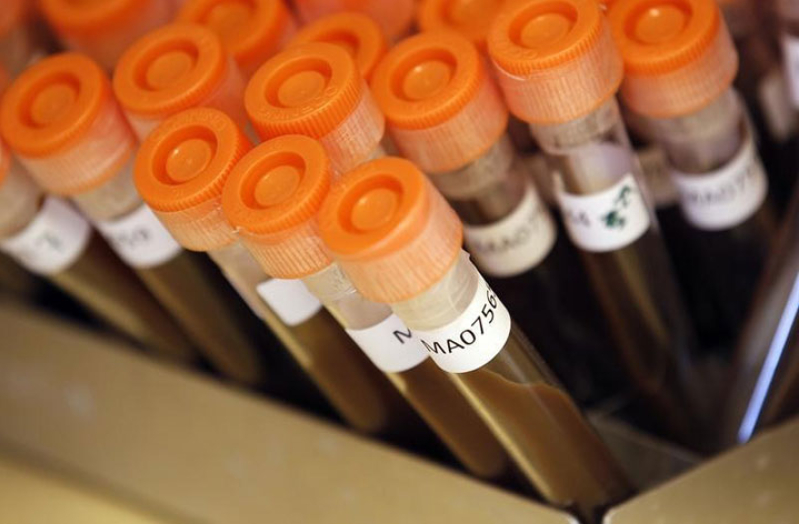
A group of researchers have found a bacteria mutation that can survive even the "the last line of defense" against infectious virus. The new gene of drug-resistant bacteria has been found in people and pigs in China. The latest study also reports the bacteria have epidemic potential.
The researchers said the findings are "alarming", and they called for urgent regulations on the use of polymyxins-- a kind of antibiotic that includes colistin drug and is widely used in farms.
"The links between agricultural use of colistin, colistin resistance in slaughtered animals, colistin resistance in food, and colistin resistance in human beings are now complete," the researchers wrote in the study.
Colistin has been widely used on animals for more than 40 years. It is given to people only when all other antibiotics have proven ineffective to cure certain bacteria.
The drug-resistant bacteria, known as the MCR-1 gene, were discovered in 20 percent of the examined 804 animals. The bacteria also showed up in roughly 15 percent of the 523 raw meat samples. In the three-year study, it was found in 1 percent of the 1,332 human subjects.
The researchers described the findings as "alarming" for the bacteria could spread and mutate across bacterial population. They already hold evidence that the gene is being transferred to common bacteria like E.coli and pneumonia. As of now, the bacteria are confined in China. However, it is still a potential threat.
China is one of the world's largest producers and users of colistin, according to Reuters. The communist country uses the drug for agriculture and veterinary purposes. Records from Institute for Agriculture and Trade Policy show that China is now the world's largest poultry and pork exporter.
The high prevalence of the MCR-1 gene in E. coli samples showed in 1,322 hospitalized patients in China. Most of the affected patients are at two hospitals in Guangdong and Zhejiang. Moreover, most samples of the bacteria were found in slaughter houses across four provinces and 27 supermarkets in Guangzhou.
As a solution to prevent the spread of the bacteria, the researchers said farmers should limit the use of colistin.
"If MRC-1 becomes global, which is a case of when not if, and the gene aligns itself with other antibiotic resistance genes, which is inevitable, then we will have very likely reached the start of the post-antibiotic era," Timothy Walsh, co-author of the study from University of Cardiff, said in a statement.







